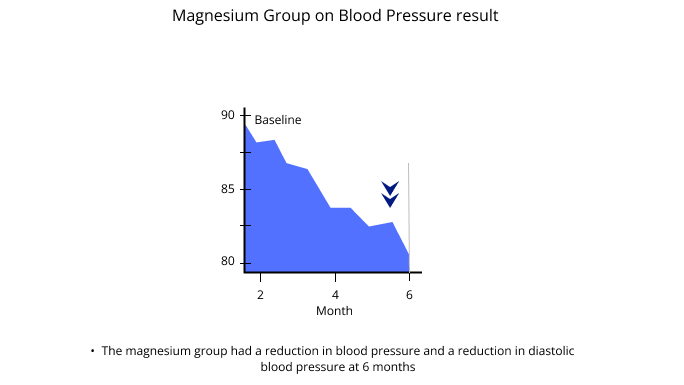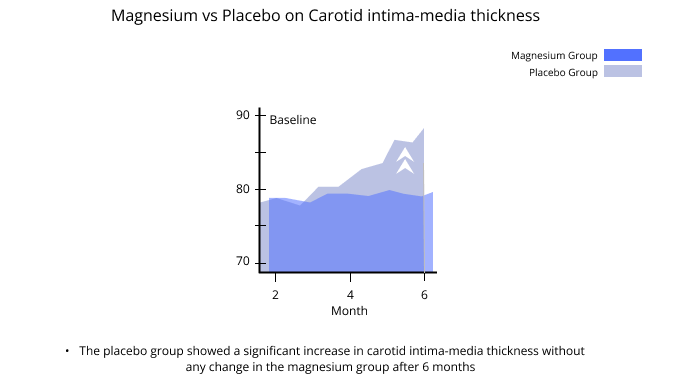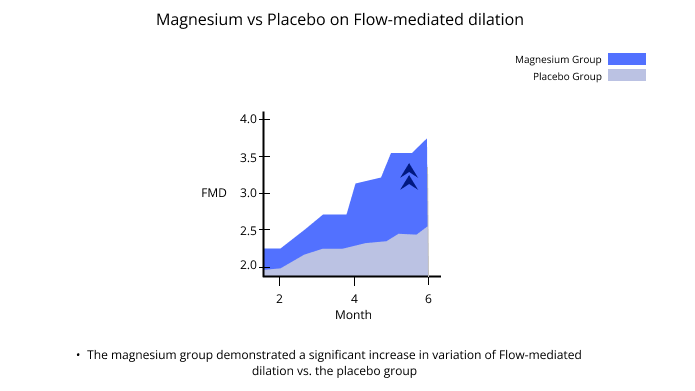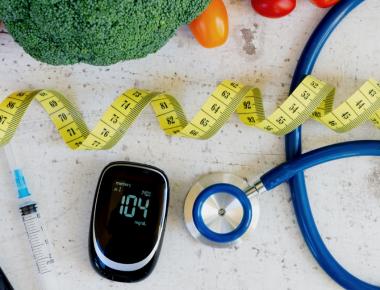
How Magnesium Improves Endothelial Function in Blood Vessels

Table Of Contents
Hypertension and High Blood Pressure
Hypertension is a problem with high blood pressure. Many things like the renin-angiotensin-aldosterone system can cause this activity. It can also cause changes in ions like calcium, sodium, potassium, and magnesium inside the cells.
Magnesium has been studied as a possible solution for hypertension. This is because epidemiological studies have shown that people with low magnesium levels are more likely to have heart problems.
How Magnesium may help on Hypertension and High Blood Pressure
Magnesium helps regulate vascular tone by influencing how much nitric oxide is released. If there is not enough magnesium, then oxidative stress, inflammation, and other problems can happen. Is it also crucial for biochemical reactions and helps keep us healthy.
Hypomagnesemia is a mineral deficiency that has been shown to harm the function and structure of blood vessels in people with high blood pressure. Still, the effect on arterial stiffness has not been studied yet.
Hypomagnesemia may play a role in developing high blood pressure, problems with the inner lining of blood vessels, abnormal blood lipid levels, and inflammation, all of which are associated with arterial stiffness.
There is evidence from epidemiological studies that low magnesium levels may be linked with the development of atherosclerosis, a condition in which the arteries become narrowed and blocked. However, it is not clear if patients treated with diuretic drugs (which can cause hypomagnesemia) also damage their blood vessels.
This study aimed to see if magnesium supplementation for 6 months would improve the function and structure of blood vessels and blood pressure control in hypertensive women treated with diuretics.
The Study on Hypertensive Women and Magnesium Supplementation
Hypertensive women ages 40-65 who were taking hydrochlorothiazide and had an average blood pressure of at least 130/80 mmHg were divided into two groups: a group that took a placebo and a group that took magnesium chelate supplements (600 mg/day).
The patients were evaluated for:
- Nutritional and biochemical parameters
- Office and ambulatory blood pressure monitoring
- Brachial flow-mediated dilatation (FMD)
- Peripheral arterial tonometry
- Assessment of carotid intima–media thickness
- Central hemodynamic parameters
- And pulse wave velocity at inclusion and after 6-month follow-up
The Results
- The magnesium group had a reduction in blood pressure and a reduction in diastolic blood pressure at 6 months, without any change in blood sugar, lipids, or arterial stiffness parameters.

- The placebo group showed a significant increase in carotid intima-media thickness without any change in the magnesium group after 6 months.

- The magnesium group demonstrated a significant increase in variation of Flow-mediated dilation vs. the placebo group.

- There was a significant correlation between the intracellular magnesium variation and Flow-mediated dilation.
This randomized controlled study showed that magnesium
- Helped control blood pressure
- Improved how well the blood vessels worked
- Improved atherosclerosis (hardening of the arteries)
Reference
Related Posts

Quick Links
Legal Stuff






